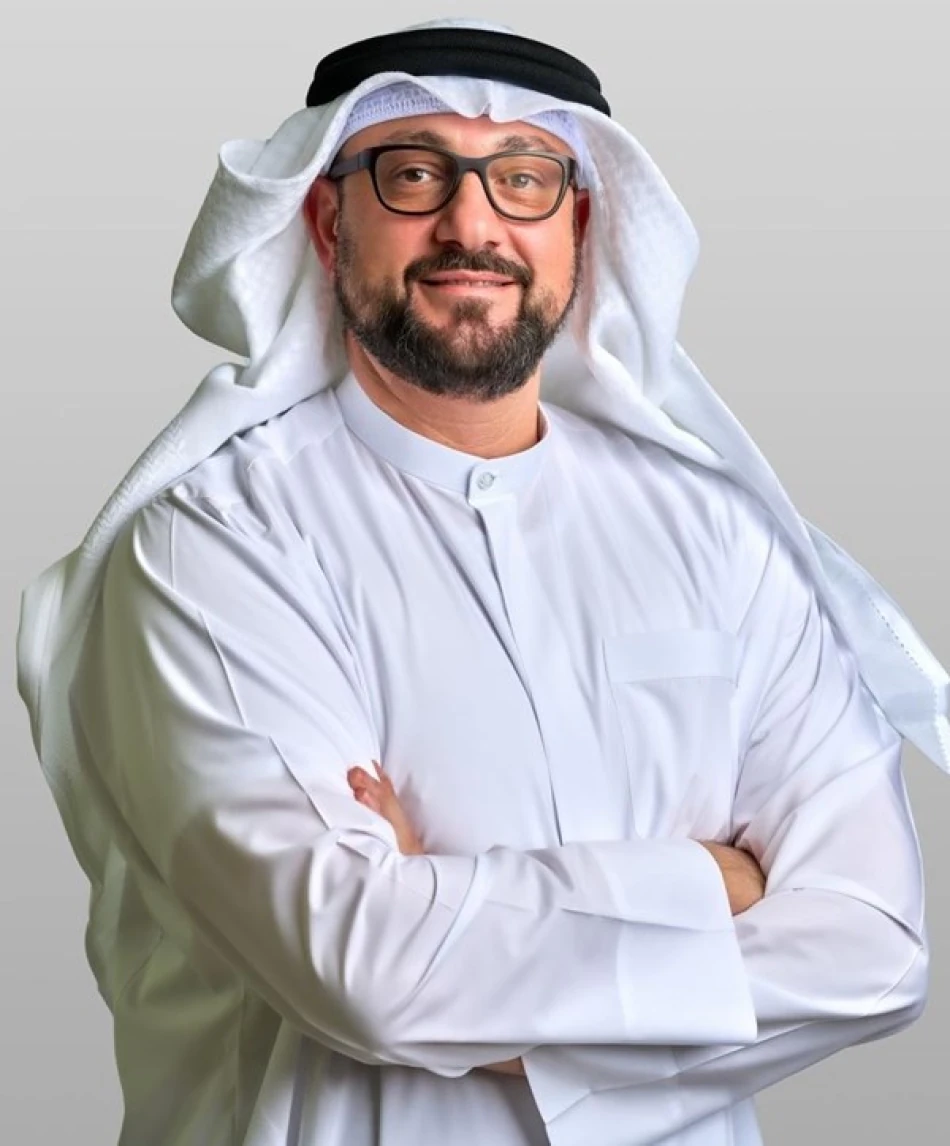
UAE Empowers Its Women: A Vital Priority in the Nation's Development Journey
UAE's Masdar Positions Women as Key Drivers in Global Clean Energy Transition
As the UAE celebrates Emirati Women's Day, state-owned renewable energy giant Masdar has highlighted women's expanding leadership roles across its international operations spanning over 40 countries. The company's CEO emphasized that female empowerment represents both a strategic investment and a competitive advantage in the rapidly growing clean energy sector, positioning the UAE as a global model for gender inclusion in sustainability initiatives.
Strategic Gender Inclusion Beyond Corporate Responsibility
Mohamed Jameel Al Ramahi, CEO of Abu Dhabi Future Energy Company (Masdar), framed women's participation not merely as social responsibility but as a business imperative for sustainable development. His comments, marking the annual August 28 celebration, align with this year's theme "Hand in Hand, We Celebrate the Golden Jubilee," referencing the UAE's 50th anniversary milestone.
This positioning reflects a broader shift in the energy sector, where companies increasingly recognize that diverse leadership teams deliver superior performance in complex, multi-stakeholder projects spanning different cultural and regulatory environments.
Global Clean Energy Sector Embraces Gender Diversity
Competitive Advantage in International Markets
Masdar's emphasis on female leadership across its 40-country portfolio demonstrates how gender diversity has become a competitive differentiator in international clean energy development. Women now occupy key positions in the company's executive and technical teams, leading major renewable projects from conception through implementation.
This approach mirrors successful strategies employed by other regional energy leaders. Saudi Arabia's ACWA Power and Qatar's renewable initiatives have similarly elevated women to prominent roles, recognizing that diverse teams better navigate the complex stakeholder landscapes typical of large-scale infrastructure projects.
Investment Implications and Market Positioning
For investors and development finance institutions, gender-inclusive energy companies often present lower risk profiles and stronger ESG credentials. Masdar's public commitment to female empowerment enhances its attractiveness to international partners and multilateral lenders who increasingly prioritize gender considerations in project financing decisions.
The company's strategy also positions it advantageously as global energy markets shift toward sustainability metrics that encompass both environmental and social governance factors.
Regional Leadership Model with Global Implications
The UAE's systematic approach to women's empowerment in clean energy contrasts with patterns in traditional energy sectors, where female representation historically lagged. By establishing women as project leaders in renewable energy from the sector's early development phase, the UAE avoids the structural barriers that have limited gender diversity in conventional oil and gas industries.
This proactive strategy creates demonstration effects across the Middle East and North Africa region, where other governments observe the UAE's success in leveraging diverse talent pools for economic diversification initiatives. As regional economies increasingly pivot toward renewable energy and sustainability sectors, the UAE's gender inclusion model provides a replicable framework for maximizing human capital utilization in emerging industries.
Al Ramahi's characterization of female empowerment as "an investment in a more advanced and sustainable future" signals that gender diversity has evolved from a policy objective to a core business strategy in the UAE's clean energy sector.
Most Viewed News

 Layla Al Mansoori
Layla Al Mansoori






